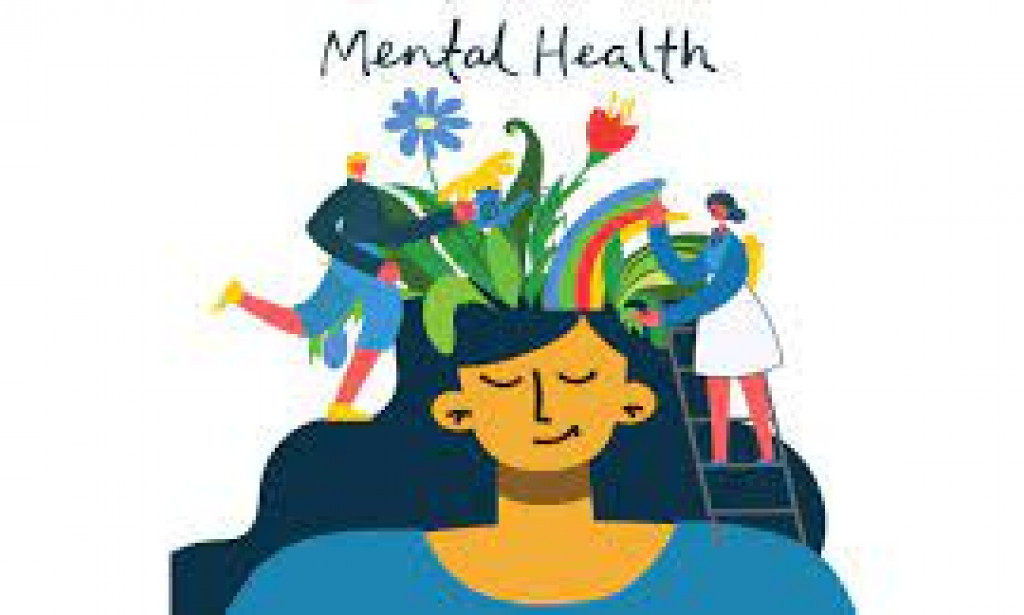Whether it's with friends and family, love partners, or colleagues and students, the quality of your personal interactions can have a long-term effect on your health.
According to research, persons who have positive connections are more socially engaged, happier, physically healthier, and live longer, with less mental health problems, than those who have negative relationships.
Indeed, a Harvard University research discovered that pleasure and health are derived from positive interactions.
Not only may healthy relationships add years to your life, but they can also bring a better sense of purpose.
However, just as relationships have an effect on your mental health, mental anguish may have an effect on your relationships. For instance, if you suffer from anxiety, sadness, or mood fluctuations, you may have less energy or enthusiasm in spending time with loved ones.
At times, individuals facing mental health difficulties may have negative sentiments about themselves and behave in opposition to feelings of intimacy and connection.
Improving connections is critical for mental health and general well-being.
Mental health is associated with having a supporting network with whom you may unwind and have fun, as well as lean on through stressful times.
Methods for Connecting and Developing Stronger Relationships
Healthy connections are critical to wellbeing. Being a part of a community may help you feel connected, supported, and linked to others.
Here are some strategies for developing and maintaining social ties that will benefit your mental health and happiness.
Methods of Communication
- Increase your social interaction and decrease your time spent in front of the television or computer screen.
- Consider volunteering, which enables you to assist others, boosts your self-esteem, and provides an excellent opportunity to meet new people.
- Join a class or a club to meet individuals who share your interests, such as a reading club, dinner club, or sports team.
- Improve your communication abilities.
- Actively listen in order to comprehend what others have to say.
- Allow time for people and pay attention to them when you are with them.
- Pose inquiries
- Establishing Professional Relationships
Positive working connections make your job more pleasurable and contribute to a more productive workplace. Additionally, your professional relationships might assist advance your career. Here's how to improve your workplace connections.
Develop your people skills, which include your ability to collaborate, communicate, and resolve conflict.
Discover Emotional Intelligence (EQ). EQ is the capacity to comprehend, utilize, and control one's own emotions in a constructive manner in order to alleviate stress, communicate effectively, sympathise with others, overcome obstacles, and defuse conflict.
Be mindful by being aware of your surroundings and others around you. By being present, you may have a constant and predictable effect on others around you, which can be an effective technique for developing positive working connections.
Schedule time for relationship development. Consider arranging time around lunch to speak with someone new or with someone with whom you'd like to strengthen your connection.
Consider others.
Maintain a cheerful attitude and prevent office gossip. If you're having a disagreement with someone in your group, speak with them directly about it.
Relationships Romantic
While many couples have difficulties and obstacles in their relationships, there are several things you can do to contribute to the development of a healthy and happy relationship.
- Communicate with one another and express your wants - do not wait for your spouse to figure out what is wrong with you.
- Spend time together - prioritize your relationship and create time for one another.
- Make an effort to improve your self-esteem — this will improve your attitude toward your partnership.
- Accept and value others' differences, especially those of your relationship.
Take sexual considerations into account – be loving. Recognize that people have varying sexual desires and that maintaining a healthy and happy sexual life needs discussion.
Be adaptable - allow your relationship to evolve and adjust as both of you change.
Relationships inside the Family
Positive family connections assist families in resolving disputes, collaborating, and just enjoying one another's presence.
Spending quality time together, communicating with one another, and showing respect for one another helps build strong family bonds. Here are some tips for developing a solid family bond.
Utilize shared time, such as mealtimes, to converse and share a joke.
- Conduct one-on-one conversations with each family member to develop and enhance individual bonds.
- On a regular basis, engage in enjoyable activities as a family.
- Decide together what to do on key occasions such as birthdays.
- Take an interest in the lives of one another.
- When discussing the day's events, include everyone in the dialogue.
- Assist one another at significant occasions like sports days and school concerts.
Consider Counseling for Relationships
Consider discussing with a mental health professional if you are having trouble developing and sustaining meaningful connections.
Counseling for relationships may assist you in improving your relationships with people around you and enabling you to break away from old habits of behavior.


You must be logged in to post a comment.